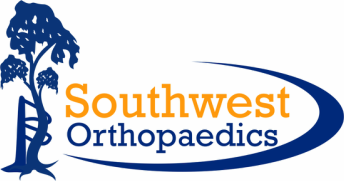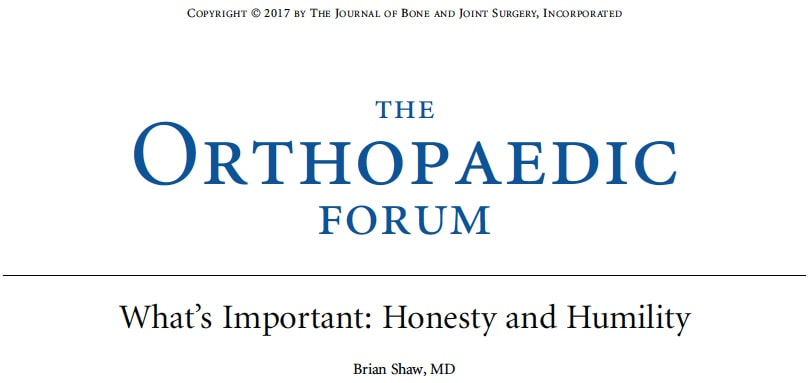Something a little more philosophical, but very relevant to patient safety.
I was very taken by this excellent, thoughtful article, published recently in the Journal of Bone and Joint Surgery, and have been discussing it with our surgical trainees at our weekly teaching session. http://dx.doi.org/10.2106/JBJS.16.01287
I was very taken by this excellent, thoughtful article, published recently in the Journal of Bone and Joint Surgery, and have been discussing it with our surgical trainees at our weekly teaching session. http://dx.doi.org/10.2106/JBJS.16.01287
Briefly, the story is of an experienced surgeon who is operating in a new hospital doing a spinal case. Prior to the start of surgery, after setup, the surgeon begins to inject what he thinks is local anaesthetic and dilute adrenaline into the area of the planned incision. Due to a series of system errors, compounded by unfamiliarity of the team, he has been given concentrated adrenaline and the injection causes a crisis of high blood pressure that could have killed the patient.
Fortunately, high quality ICU care saved the patient, without any long term problems.
More importantly high quality personal skills, including honesty and humility on the part of the surgeon also saved the doctor-patient relationship, and the patient subsequently had the planned operation by the same surgeon some weeks later.
The surgeon felt that he had learnt:
To which I would add that we should never be to old, too clever or too confident to realize that such incidents could happen to any of us and that patient safety is always our prime objective.
I strongly endorse the World Health Organisation Peri-Operative Surgical Patient Check List in all surgical environments, and have been working with Mr Toma (plastic surgeon) and theatre management at South West Healthcare to improve our current procedures. If you want to read more about the development of this key safety innovation, I would recommend the Checklist Manifesto by Atul Gawande (or his TED talk) www.ted.com/talks/atul_gawande_how_do_we_heal_medicine
Fortunately, high quality ICU care saved the patient, without any long term problems.
More importantly high quality personal skills, including honesty and humility on the part of the surgeon also saved the doctor-patient relationship, and the patient subsequently had the planned operation by the same surgeon some weeks later.
The surgeon felt that he had learnt:
- When giving medications, always check the original bottle, trust no-one else
- When operating out of normal hospital, assume nothing and prepare thoroughly
- Trust your instincts – if something does not feel right, question it until it does.
- Honesty and humility in the face of complications are difficult but vital.
To which I would add that we should never be to old, too clever or too confident to realize that such incidents could happen to any of us and that patient safety is always our prime objective.
I strongly endorse the World Health Organisation Peri-Operative Surgical Patient Check List in all surgical environments, and have been working with Mr Toma (plastic surgeon) and theatre management at South West Healthcare to improve our current procedures. If you want to read more about the development of this key safety innovation, I would recommend the Checklist Manifesto by Atul Gawande (or his TED talk) www.ted.com/talks/atul_gawande_how_do_we_heal_medicine


 RSS Feed
RSS Feed
